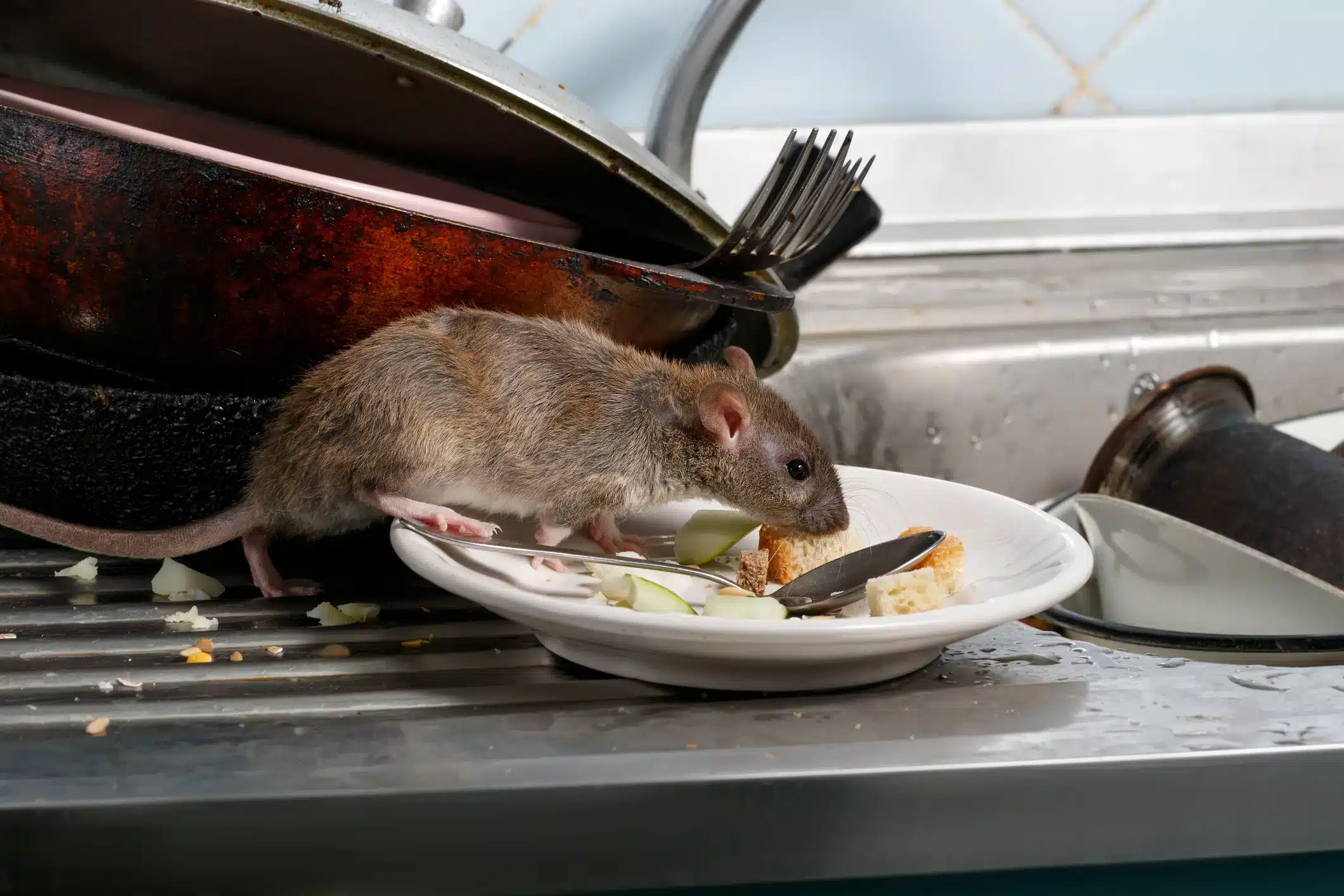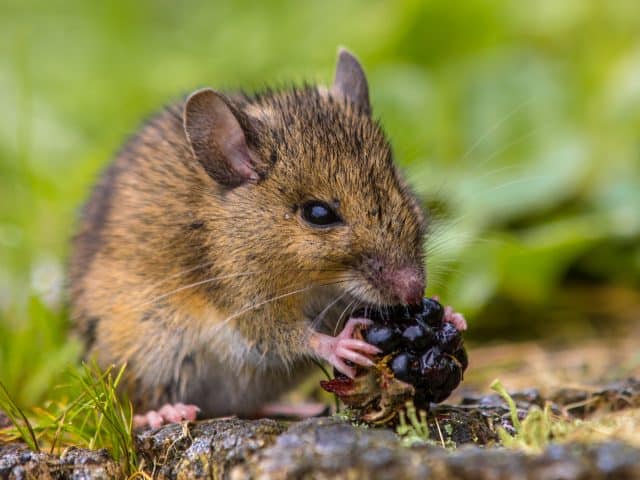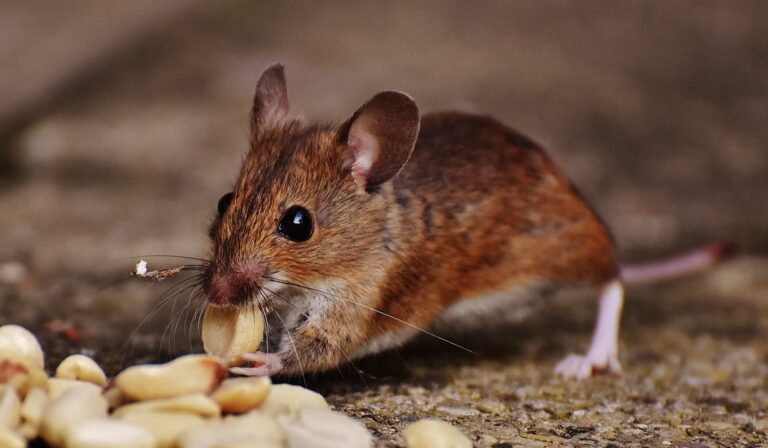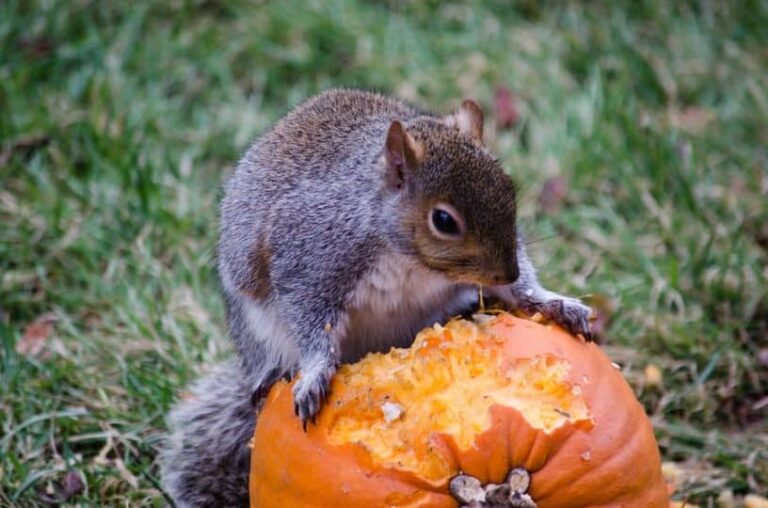Protecting Your Family from Hantavirus: Understanding the Dangers of Rodent Droppings
According to the United States Census Bureau, an estimated 14.8 million U.S. homes report seeing rodents in their home annually. These unwelcome guests bring more than just property damage – they carry serious health risks that can threaten what matters most: your family’s wellbeing.
Among these concerns is Hantavirus, a potentially life-threatening disease transmitted through contact with rodent droppings, urine, and saliva.Understanding these risks and taking proactive measures is essential for maintaining a safe, healthy home environment.
Understanding Hantavirus and Its Health Risks
Hantavirus Pulmonary Syndrome (HPS) is a rare but serious respiratory disease carried primarily by deer mice, cotton rats, and rice rats – all species found throughout Tennessee. The virus is transmitted when humans breathe in dust particles contaminated with rodent excretions or when droppings or nesting materials are directly handled without proper protection.
Initial symptoms often resemble the flu, including fever, muscle aches, headaches, and fatigue, making early diagnosis challenging. As the disease progresses, infected individuals may experience coughing, shortness of breath, and severe respiratory distress as the lungs fill with fluid. With a mortality rate of approximately 38%, Hantavirus demands serious attention.
Beyond Hantavirus, rodent droppings can spread other concerning diseases including:
- Salmonellosis – causing severe gastrointestinal illness
- Leptospirosis – a bacterial infection that can lead to kidney damage
- Lymphocytic choriomeningitis (LCM) – a viral infection affecting the brain and central nervous system
These health risks are particularly concerning for households with young children, elderly family members, or those with compromised immune systems. Children’s natural curiosity may lead them to areas where rodents have left droppings, while their developing immune systems may be more vulnerable to infection.
Identifying Rodent Presence in Your Home
Being aware of the early warning signs of rodent activity can help protect your family before a full infestation develops. Look for these common indicators:
- Small, dark droppings (resembling grains of rice) in cabinets, drawers, or along baseboards
- Scratching sounds within walls, especially at night
- Gnaw marks on food packaging, furniture, or structural elements
- Greasy rub marks along baseboards and walls from rodents’ oily fur
- Nesting materials such as shredded paper, fabric, or dried plant matter
In Tennessee homes, rodents commonly nest in attics, crawl spaces, behind appliances, and inside wall voids – areas that provide warmth, shelter, and proximity to food sources. Regular inspection of these areas can help you identify problems early.
Safe Practices for Dealing with Rodent Droppings
If you discover rodent droppings in your home, it’s crucial to approach cleanup with caution. Never vacuum or sweep dry droppings, as this can aerosolize virus particles, increasing infection risk. Instead:
- Ventilate the area by opening windows and doors for at least 30 minutes before cleaning
- Wear disposable gloves and a mask
- Spray droppings thoroughly with a disinfectant solution or mixture of bleach and water (1 part bleach to 10 parts water)
- Allow the disinfectant to soak for 5 minutes
- Use paper towels to clean up droppings and dispose of waste in a sealed bag
- Disinfect any items or surfaces that have come into contact with rodents
While these measures can address immediate concerns, they don’t solve the underlying rodent problem or provide long-term protection for your family.
How Professional Rodent Control Protects Your Family
Professional rodent control offers comprehensive protection that DIY methods simply can’t match. At U.S. Pest, our approach includes:
- Thorough inspection to identify all entry points and nesting areas
- Customized treatment plans based on your specific home layout and infestation level
- Family-safe elimination methods that prioritize your household’s wellbeing
- Effective exclusion techniques to prevent future rodent entry
- Educational guidance on reducing attractants around your property
Our professional technicians are trained to handle rodent problems safely and effectively, eliminating the risk of improper cleanup or incomplete treatment that could leave your family vulnerable. Our solutions are designed to be both powerful against pests and gentle on your family and pets.
The U.S. Pest team understands the unique challenges homeowners face in our region and is committed to providing effective, family-safe solutions that address your specific concerns.
Don’t wait until rodent droppings put your loved ones at risk – contact U.S. Pest today for a comprehensive rodent pest control consultation and take the first step toward a healthier, safer home environment.







